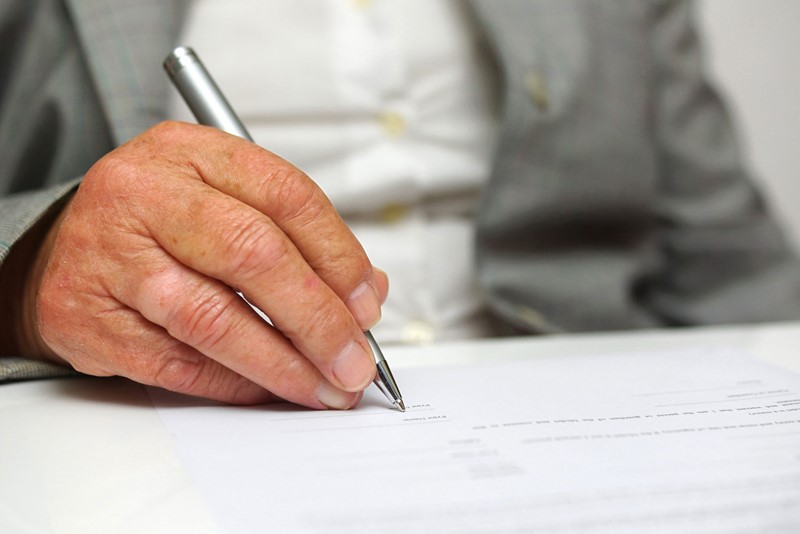The High Court (HC) had to decide whether a widower was allowed to inherit his late wife’s estate despite assisting her in her trip to a euthanasia clinic.
Background:
Mrs. Morris died aged 73 in December 2023 at the Pegasos Clinic in Switzerland by self-administrating a lethal overdose of pentobarbital. She had been suffering for two years from Multiple System Atrophy, an incurable degenerative neurological disorder. A coroner’s inquest confirmed her condition had deteriorated to the point where she had little enjoyment of life, was in constant pain, and struggled to cope. It was clear that Mrs. Morris ended her own life with the assistance of the staff at the Pegasos Clinic. Mr. Morris helped with the administrative arrangements for her trip to the Clinic and accompanied her alongside their adult children.
Mrs. Morris’ will, dated December 2021, left a number of pecuniary legacies to members of her extended family. It also provided that her residuary estate is to be held on trust for Mr. Morris absolutely and, subject to that, for their two adult children. If her children were to die before her, then their children would take their respective share upon attaining the age of 25.
Mr. Morris applied to the Court for relief under Section 2(2) of the Forfeiture Act 1982 for relief to modify the rule and allow him to inherit.
Decision:
The HC granted relief to Mr. Morris, modifying the effect of the forfeiture rule to allow him to inherit. The Court considered in detail the involvement of Mr. Morris but also the fact that Mrs. Morris had the mental capacity to make an informed decision regarding her death.
The Court considered those public interest factors which could influence a decision to prosecute by reference to the Policy for Prosecutors in Respect of Cases of Encouraging or Assisting Suicide. After reviewing all factors, the Judge concluded that none applied in this case. Instead, Mr. Morris’s actions were motivated by compassion and he had even tried to dissuade her, circumstances under which he would not warrant penal sanctions. The Court thus found no evidence of any moral culpability.
Regarding the children, the Court noted that, despite being present, they did not engage in any acts which could be construed as assisting her suicide. The Court also highlighted the lack of material conflicts in the evidence and the consensus among beneficiaries that Mr. Morris should benefit from relief.
Implications:
This landmark judgement makes clear that a widower is entitled to inherit his late wife’s estate despite having accompanied her on her trip to a suicide clinic. The decision clarifies that merely accompanying someone to such a clinic does not amount to assisting suicide under the law. One of the reasons is that that act, in itself, is not one of assisting or encouraging suicide, nor does it show any intent on their side.
The judgement also clarifies part of a previous ruling Re Ninian deceased, Ninian v Findlay [2019] which was ambiguous as to whether merely travelling with a person could amount to assistance under Section 2(1) of the the Suicide Act 1961.

